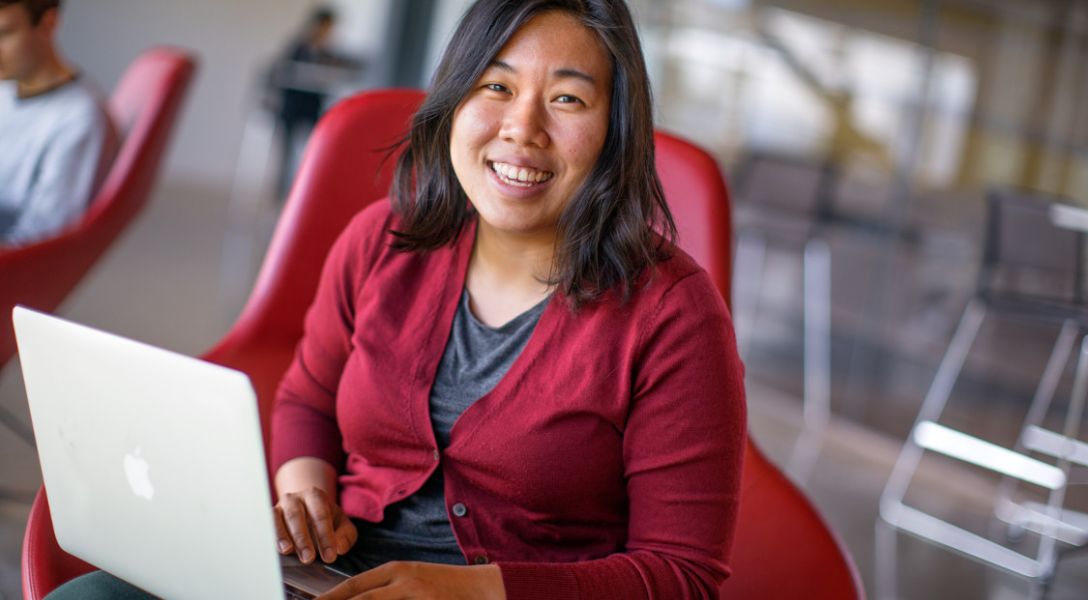Sarah Tan, a rising sixth-year PhD candidate in Cornell University’s Department of Statistics and Data Science, was one of 11 students recently awarded a Microsoft Research Dissertation grant. The grant is awarded to outstanding PhD candidates on the cusp of completing their graduate education, with the larger goal of infusing more women and researchers from underrepresented groups into computer science and related fields.
Tan’s dissertation – “Methods in Interpretability and Causal Inference for Better Understanding of Machine Learning Models” – was chosen out of nearly 200 project submissions and reviewed by scientists at Microsoft Research on the grounds of quality of research, its potential impact and how the awarded funds would be used.
Describing her dissertation, Tan explained: “I aim to develop methods to help users of machine learning models increase both the trust in and understanding of their models. My dissertation is in the two fields of interpretability and causal inference. The two fields, seemingly disparate, actually share the common goals of revealing and adjusting for biases that can arise when building machine learning models. In interpretability, I am developing methods to probe tree ensembles and audit black-box risk scoring models such as COMPAS. In causal inference, I have worked on methods that use machine learning to more flexibly estimate treatment effects from observational data. To complete my dissertation, I plan to probe the definition of interpretability — still a subject of debate in machine learning — by conducting a large-scale comparison of different models claimed to be interpretable and augment this quantitative evaluation with human subject experiments using domain experts.”
“I am particularly interested in healthcare applications and am currently visiting UCSF, a medical school,” she said. “I’m excited to use this grant to conduct human subject experiments with doctors to compare different interpretable models for healthcare problems.”
A 2017 recipient of the American Statistical Association's Wray Jackson Smith Scholarship, Tan applies her interests in statistics and machine learning to public policy applications, particularly in government statistics. She is advised by Cornell statistics professors Giles Hooker and Martin Wells.



